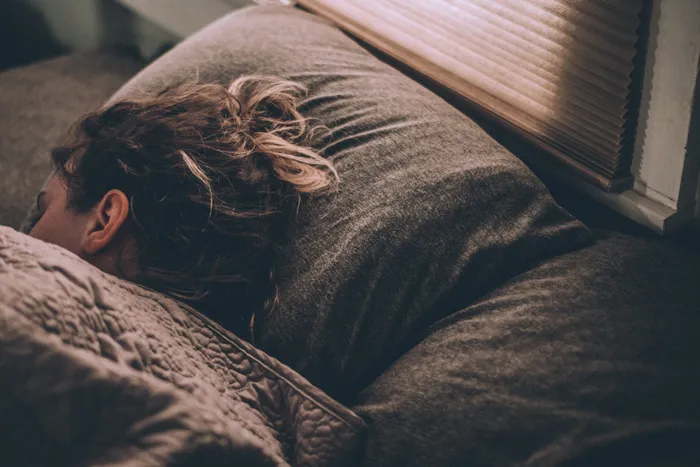Ever heard of the Sunday scaries? A vicious cycle of sleep loss and stress

Lack of sleep on Sundays can be detrimental, particularly for individuals who begin their work week on Monday. Picture: Lux Graves/unsplash
Sleep Foundation recently released a survey that looks more closely into the “Sunday Scaries” and found that Sunday night is the hardest night of the week to fall asleep.
What makes Sunday so scary?
We are always so excited when the week finally gets to Friday because it simply means the weekend.
Simply put the weekend encapsulates everything we wish our daily lives could be – time with family and friends – but it goes by so fast. We’ve experienced Monday blues, but the gnawing feeling that comes with the realisation that it’s Sunday hits differently.
Dr Alex Dimitriu, founder of Menlo Park Psychiatry & Sleep Medicine in Menlo Park, California, and a member of the SleepFoundation.org medical-review board, claims that “Sunday scaries are essentially a form of performance anxiety, much like before a test or a presentation.
Part of it is natural, but it can also be too much, leading to stress, insomnia and a worsened night of sleep.”
Dr Harold Hong, a board-certified psychiatrist and medical director at New Waters Recovery in Raleigh, North Carolina, shares the same sentiment.
“For many, the thought of returning to a hectic work or school schedule on Monday morning can be pretty daunting, resulting in Sunday sadness or depression.”
In all 54.4% of the persons surveyed by SleepFoundation.org who had trouble falling asleep cited stress and anxiety as the culprit. The majority of respondents also indicate they begin on Sunday before 5pm.
“When you work long hours in tough conditions every day of the week, it’s easy to dread Monday mornings,” says Tom Monson, owner of Monson Lawn & Landscaping in St Paul, Minnesota. “That has always made sleeping on Sunday nights much harder.”

Lack of sleep on Sundays can be detrimental, particularly for individuals who begin their work week on Monday.
Employed survey participants claimed to sleep for 6 hours and 47 minutes on Sundays, which is four minutes less than they do on average from Monday through Thursday.
They sleep the best on Saturday nights because they have fewer problems on their minds. So it’s official the best day to get a great night sleep with little to less interruptions is Saturday.
Work-related stress keeps people from sleeping, and getting too little sleep makes them more stressed. This creates a vicious cycle of sleep loss and stress.
Tips for beating the Sunday scaries
Whether Sunday scaries are the result of work, school, or other factors, these tips can help reduce stress and anxiety to help sleep come more easily.
1. Plan for the week ahead
Plan out your week so you know what to expect and may better psychologically and emotionally prepare yourself, advises Dr Hong. This can entail making a list of all the things you need to get done this week and setting aside time for fun and relaxation.
A proactive coping strategy is one that involves taking steps to reduce stress now. Stress and depression are less common in people who practice proactive coping.
2. Prioritise good sleep hygiene
The term “sleep hygiene” refers to making your sleeping environment and any pre-bedtime rituals or habits as effective as possible. Key elements of excellent sleep hygiene include setting a regular bedtime, adhering to a routine before going to bed, and creating a sleeping-friendly atmosphere.
3. Do something you love
Spending your free time on the weekends doing activities you enjoy is another method to fight Sunday scaries. Increasing your leisure time can reduce stress and elevate your mood.
Read the latest issue of IOL Health digital magazine here.
Related Topics: